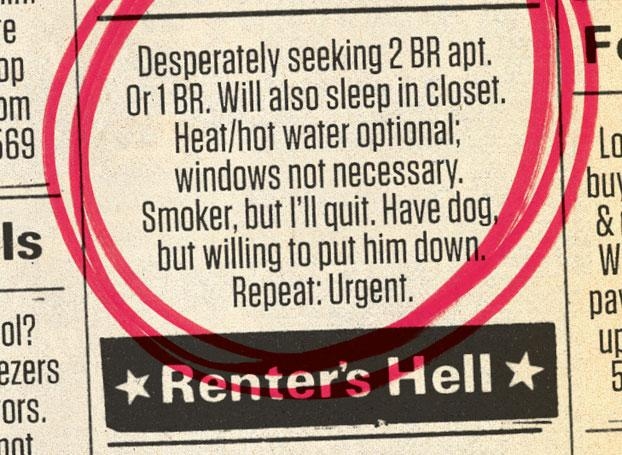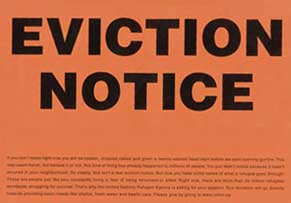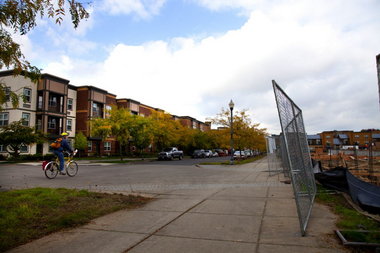Renter’s Hell
Portlanders pay a steep price in the nation’s toughest rental market.
When her short-term lease ran out, it took even longer to find another place—she and her future roommates spent two months looking. They finally found a house in the Concordia neighborhood that, on their initial visit, contained seven aquariums of assorted reptiles. They grabbed it. (The reptiles later moved out.)
“I couldn’t believe how fortunate we were,” Bozanich says, noting that friends have looked even longer without finding a place that fit their budget. “We really counted our blessings on this one.”
Portland has long had a reputation as an affordable West Coast city, boasting rents that are lower on average than in Seattle or San Francisco.
But affordability only matters to people who can actually find an apartment.
The Portland area has the tightest rental market of any major city in the United States, according to the U.S. Census Bureau. Only 3 percent of apartments here are vacant at any given time—half as many as were available three years ago.
The days of apartment companies offering a month off or free parking are long gone. Apartment managers and landlords see people lined up outside rentals, many with applications and blank checks in hand. Desperate renters are finding places have been rented within minutes after being posted on Craigslist. Some renters have offered to pay above the advertised rent if it means they can land the place.
“We’ll put something up and hear within five minutes they’ve heard about a property and want to have a viewing,” says Bette Durham, a broker at Mainlander Property Management. “Unfortunately, we can’t pull extra properties out of our hats.”
The fierce demand for apartments in short supply is causing Portland’s reputation for affordability to slip away.
Rents have risen 17 percent in the last five years in the Portland metro area, according to the Metro Multifamily Housing Association, a trade group of landlords and rental managers. That’s well above the national average of 12 percent during that same time. Read More – Willamette Week>




